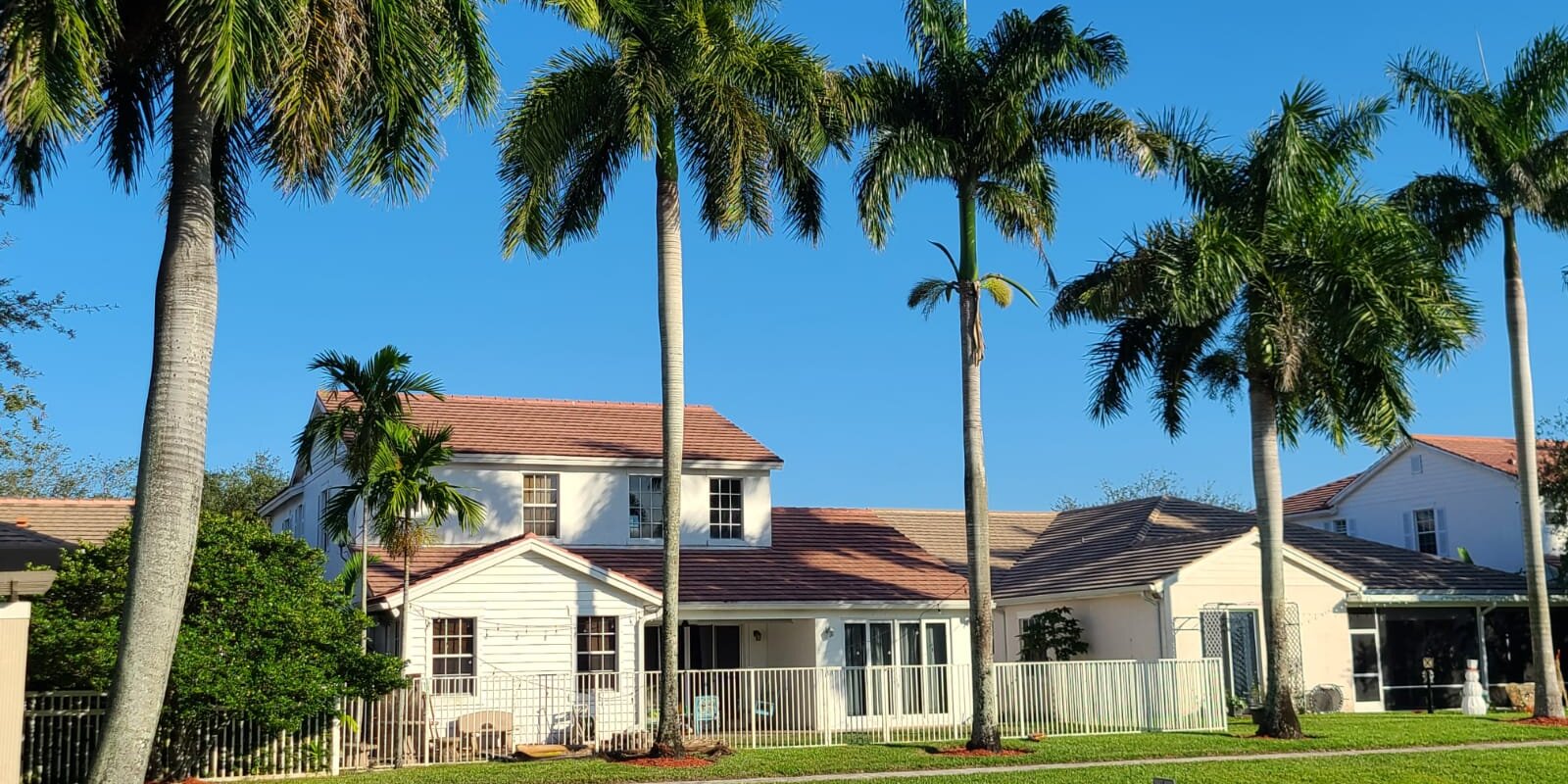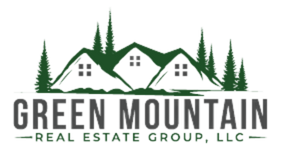
It takes careful planning to provide for your income in retirement, and real estate investments offer fantastic tax benefits to investors. These laws exist to encourage investments in the real estate market through incentives. Missed opportunities to keep more of your income can add up over time, and knowing what you can write off the taxes on your Davie investment property can help guide your decisions and increase your profits over the long term. But, of course, real estate investing is a business, so you should treat it as such. In addition, each of these laws has qualifiers and complex nuances, so it is always recommended you work with a tax advisor to help.
You should begin developing methods in your daily work habits that improve your odds of building a prosperous portfolio. Organized record keeping is imperative, so you will want to develop a system that makes it easy for you to succeed. It is disheartening to consider the profits that uninformed real estate investors allow to slip through their fingers because of disorganization; you will need those receipts. Missed opportunities to keep more of your income add up over time. In addition, understanding what is not an allowable deduction can keep you from veering off the pathway to deductions.
If you would like to avoid missing out on your allowable deductions and be more prepared for meeting with a tax professional, read more about what you can write off of the taxes on your Davie investment property.
Passive or Non-Passive
It’s essential to consider the differences between passive and non-passive real estate investment income and how tax law treats each. You can further benefit from these tax laws if you are not a material participant in your real estate investment business. In other words, as a passive investor, you can write off the taxes on your Davie investment property through passive losses on your passive income. Document the time you spend actively participating in business activities and whether you wish to be treated as a real estate professional when you file your taxes. Suppose you spend more than half of your time participating in business activities or more than 750 hours. Then, you may be considered a “qualified” real estate professional in the eyes of the IRS.
Write-Offs
If you’re an investor with properties in Davie, it’s important to be aware of the various expenses that are allowable deductions when it comes to maintaining and managing your portfolio. Whether you’re covering operational costs or simply carrying out necessary maintenance tasks, these expenses can all be considered allowable deductions for real estate investors on their investment properties. By staying informed about the allowable deductions available to you, you can maximize your investment returns and keep your portfolio running smoothly. So if you’re a real estate investor in Davie, be sure to keep track of your expenses and take advantage of all the allowable deductions available to you.
Depreciation
If you own an investment property in Davie, one of the most significant allowances for lowering your taxes is through depreciation. While depreciation doesn’t involve cash flow, it does allow for a deduction from taxable income based on gradual reductions. Each real estate investment asset class falls under different timelines, but generally, improvements to the property can be depreciated over several years. It’s important to note that land is always in the process of appreciating, so depreciation only applies to the improvements made to the property. By taking advantage of depreciation, you can significantly lower your tax burden and increase your investment returns, making it a valuable tool for any real estate investor in Davie.
Pass-Through Deduction
As an investor with properties in Davie, it’s important to know that you can write off taxes on your investment property through the pass-through deduction, also known as the Section 199A Qualified Business Income (QBI) deduction. This deduction is in effect until the end of 2025 and allows for a 20 percent deduction on income from rentals on qualifying properties. By taking advantage of this deduction, you can significantly reduce your tax burden and increase your returns on your investment properties. It’s important to note that there are certain requirements and limitations when it comes to claiming the pass-through deduction, so it’s essential to consult with a qualified tax professional to ensure that you’re making the most of all available deductions for your investment properties in Davie.
Capital Gains
As a real estate investor with properties in Davie, it’s important to be aware of how capital gains can affect the taxes on your investment property. Maximizing your deductions requires a clear understanding of the difference between short-term and long-term capital gains and how to strategically manage your investment portfolio to make the most of this benefit. Short-term capital gains are taxed at a higher rate than long-term capital gains, which means that holding onto your investment property for a longer period may be beneficial from a tax perspective. Additionally, certain deductions, such as depreciation, may have an impact on your capital gains taxes. By working with a qualified tax professional and carefully strategizing your investment portfolio, you can take advantage of all available deductions and minimize your tax burden on your investment properties in Davie.
Incentive Programs
If you’re an investor with properties in Davie, it’s important to know that you can write off taxes on your investment property through 1031 exchanges and investing in opportunity zones. A 1031 exchange allows you to defer profits on the sale of a property until you sell the following property, as long as you reinvest the profits in a similar property. Similarly, investing in a qualified opportunity zone fund allows you to defer profits until the property sells or December 31, 2026, whichever comes first. Both of these strategies can help you minimize your tax burden and maximize your returns on your investment properties in Davie. However, it’s important to note that these options come with certain requirements and limitations, so it’s essential to consult with a qualified tax professional to ensure that you’re taking advantage of all available deductions and strategies for your investment properties.
Special Loss Allowance
You should also be aware that through the special loss allowance, you can write off up to $25,000 of the taxes on passive income for your Davie investment property for qualifying individuals.
Why not work with a team of professionals experienced in real estate investments that stay up-to-date on how current tax laws affect investors, like a local professional investor at Green Mountain Real Estate Group LLC? When you work with our professional investors at Green Mountain Real Estate Group LLC, we will help you find the perfect property for your investment strategy so you can write off the taxes on your Davie investment property. Let the pros at Green Mountain Real Estate Group LLC help you earn the highest possible returns on your investment dollar. And don’t forget to ask about our current inventory of the best properties available. Call Green Mountain Real Estate Group LLC at (754) 223-1065.

